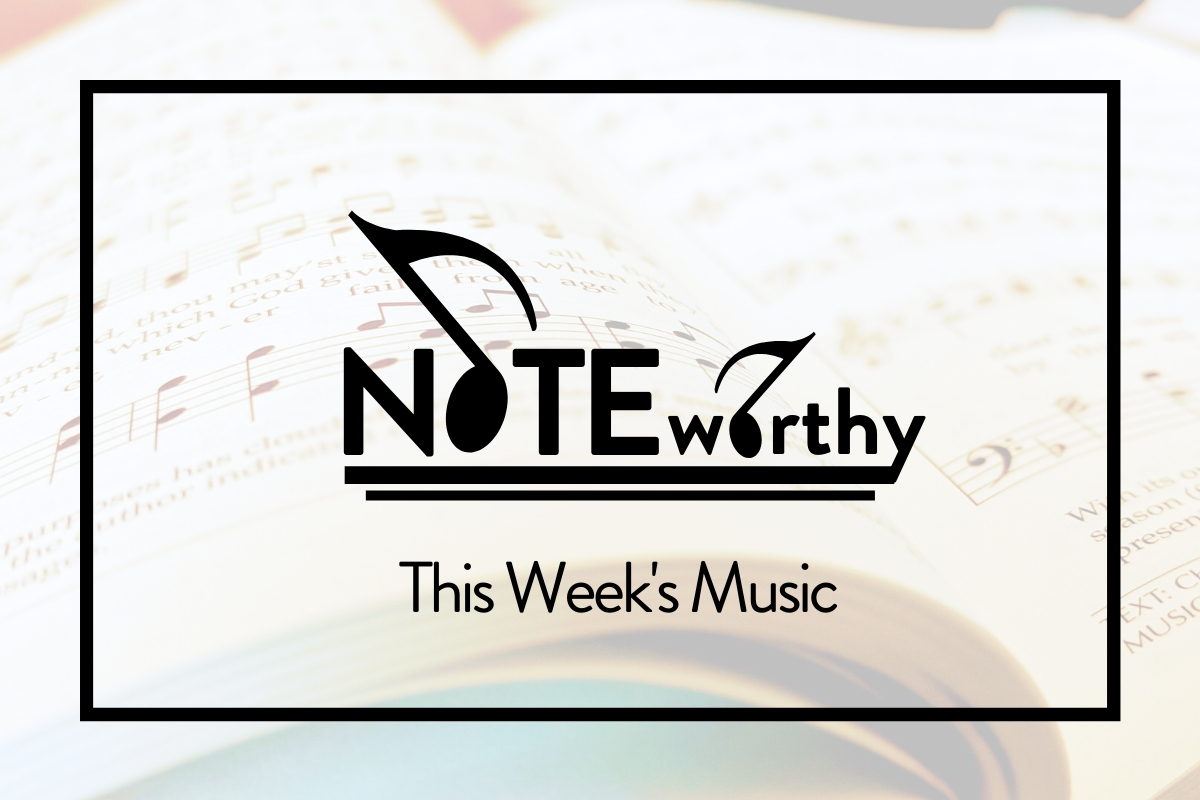Come Thou Fount of Every Blessing
Mack Wilberg
This week’s listening will be a bit of a “Choose your own Adventure” column. In listening through the different recordings of this particular arrangement of this classic hymn, there were two versions that stood out for very different reasons. Option 1 is sung by the Mormon Tabernacle Choir, under the baton of the composer.
This performance includes a full orchestra and a big ole choir:
Option 2 is the same arrangement, but much different in feel from how it is traditionally performed. It is performed by the Aeolians from Oakwood University and their Alumni Choir. This video feels less like a performance and more like a worship service, featuring improvisation on the organ and people clapping along throughout the piece.
If you have the time, I’d recommend listening to both, in that order.
The writer of this beautiful and timeless text was Robert Robinson. Mr. Robinson lived a very interesting life. Born to a poor family in England, his father died when he was young, and his mother, though born into wealth, had been removed from the family’s will after her low marriage. Therefore, Robert worked as a barber’s apprentice from a young age to make ends meet, and, as many children pretending to be grown up, got into a fair bit of trouble. The story goes, he and some of his gang were harassing a drunken gypsy, asking her to tell their fortunes when she pointed at him and said “You will live to see your children and grandchildren.” Struck by his apparent legacy, he realized he needed to change his ways, and he went to a revival to hear George Whitefield.
In response, Robert became a Christian, and set out to become a Methodist preacher himself, penning these lyrics at only 22 years old. His adult life seems to be a series of pastoral appointments in the Methodist, Baptist, and later Unitarian traditions, and he rose to great prominence as a preacher and scholar.
The first verse is that moment of salvation, experienced at age 20 for Robinson. In it, he asks to be tuned to sing true praise and taught to sing the same sonnets as angels above. The verse finishes triumphantly, no longer asking, but stating “Praise the mount! I’m fixed upon it.” Within the span of the verse, these supplications are answered, and he is praising.
The second verse begins with a nod to 1 Samuel 7:12, “Then Samuel took a stone and set it up between Mizpah and Shen. He named it Ebenezer, saying, “Thus far the LORD has helped us.” An Ebenezer is known as a “stone of help” or any commemoration of divine assistance. From looking backwards at help that has been provided, Robinson then looks forward, moving into a classic sheep/shepherd analogy. He acknowledges that while Samuel’s Ebenezer was a stone, his Ebenezer is the blood shed for him on the cross.
Verse three has to be my favorite verse. The first two lines paint a beautiful theological evolution. In the first two lines, he is a debtor to grace, constrained. The imagery is so prisonlike, as if his faith, and his debt of sin to God is an enslavement. It’s an easy trap to fall into – “Turn or Burn” theology, if you will. In the next two lines, however, Robinson, by the reshaping of his own perspective, asks that the same grace that constrained him serve as a fetter that binds his wandering heart to God. To be bound to something is so different than to be constrained to it, and yet his imagery remains surprisingly similar. A fetter is still a chain.
It strikes me how faith and perspective are so deeply intertwined. What we believe about God affects how we see the world, but there is a human tendency to let the reverse happen as well. Prone to wander, Lord I feel it.
It’s sometimes hard to tell the difference between a faith that is evolving and growing and a heart that is wandering. Any change is scary. But this hymn offers a good lesson, set at its bookends – It begins with an invitation, “Come Thou Fount” and ends with an offering, “Here’s my heart.” The tendency to wander is universal, but each supplication and offering is a unique and beautiful act of centering yourself in God’s will.
Ask and it will be given to you; seek and you will find; knock and the door will be opened to you.
Matthew 7:7Each of you should give what you have decided in your heart to give, not reluctantly or under compulsion, for God loves a cheerful giver.
2 Corinthians 9:7

